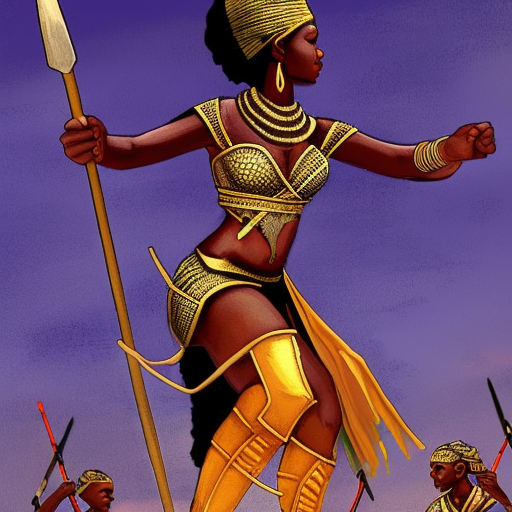Born during hardship and struggle.
The Swahili word "maskini" translates to "poor" or "poverty-stricken" in English. However, the word holds a deeper meaning and significance in the culture and society of East Africa.
In traditional Swahili society, the concept of “maskini” was not just associated with a lack of material wealth, but also a lack of social status and power. The term was often used to describe those who were marginalized and excluded from the community, whether it be due to poverty, lack of education, or other factors.
In modern times, the word “maskini” is still used to describe those living in poverty, but it also holds a more empowering connotation. Many individuals and organizations in East Africa are working to shift the narrative around poverty and “maskini” from one of shame and blame to one of empathy and understanding. They argue that poverty is not a personal failing, but rather a systemic issue that can be addressed and solved through collective action.
Additionally, there are also efforts to reclaim the word “maskini” as a symbol of resilience and strength in the face of adversity. Many individuals who have overcome poverty and achieved success are proud to call themselves “maskini” as a testament to their hard work and determination.
In short, the word “maskini” holds a complex and nuanced meaning in Swahili culture and society. While it has traditionally been associated with poverty and marginalization, there are also efforts to reframe the term as a symbol of resilience and strength.


